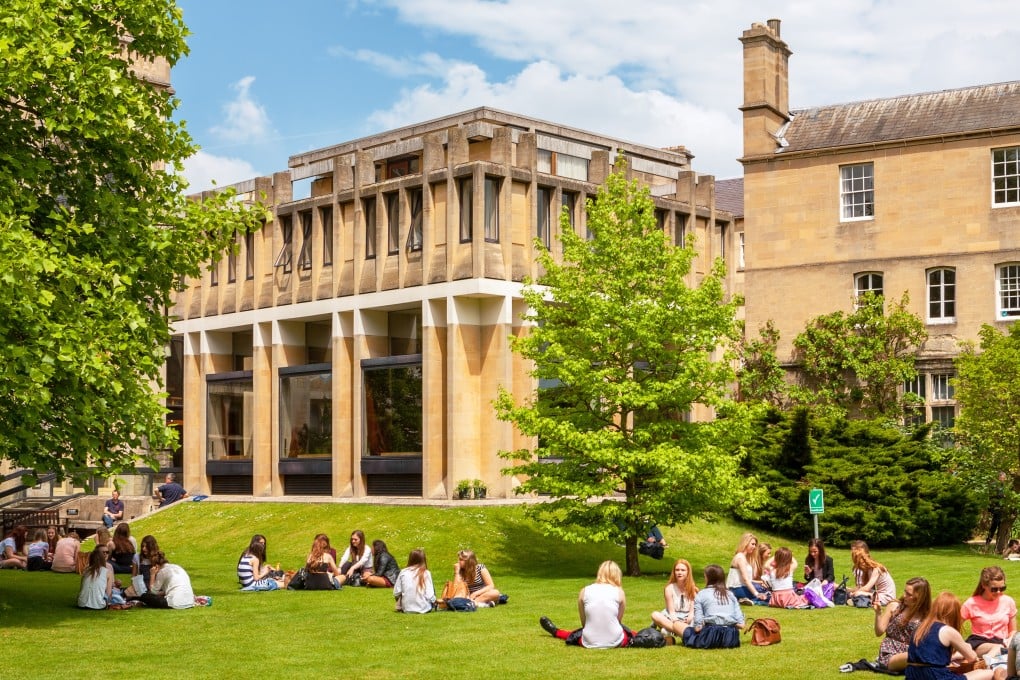Oxford University suspends donor ties with Chinese tech giant Huawei as national security fears mount
- New research grants and donations from the company on hold for at least three months

Oxford University will suspend all new research grants and donations from Huawei, the Chinese telecommunications giant accused of posing national security threats around the world.
In an email sent to its computer science doctoral students, the university said the Committee to Review Donations – part of the university’s Council Secretariat – made the decision last week.
“The [committee] met last week and have decided to suspend Huawei as an approved gift donor/research sponsor,” it said.
“This decision will be revisited by the committee in 3-6 months and does not impact existing donations or research projects which have already been agreed and signed, and are in progress.”
The university and Huawei’s media team in Britain did not respond to requests for comment on Thursday.
It was not clear if the email was also sent to students in other departments. But it did say the recipients could continue contact with the company.